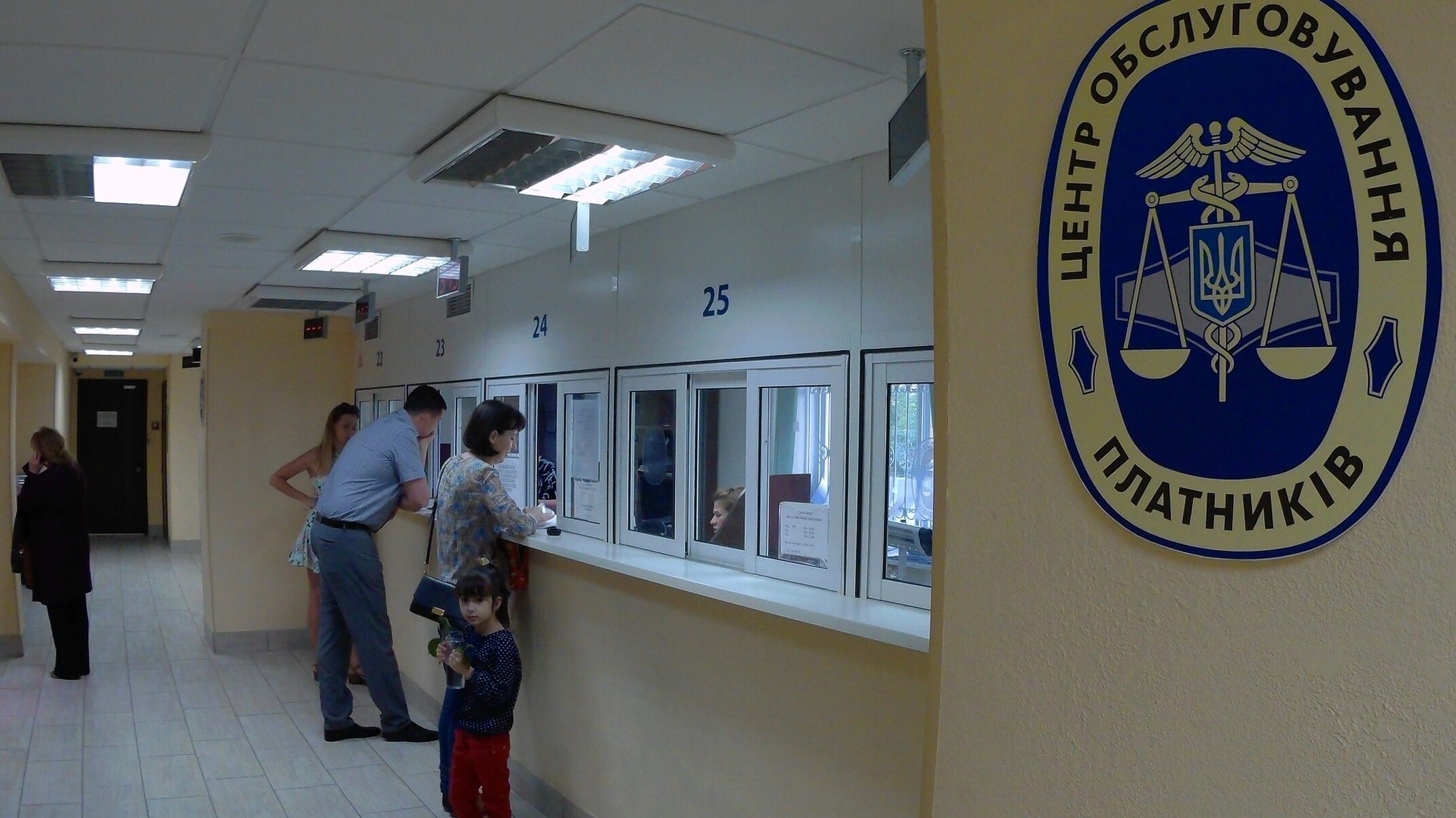Taxes for Long-Term Expats in Ukraine: What You Need to Know

Navigating the tax system in a new country can be daunting, especially for expats. Ukraine’s tax regulations may seem complex at first, but understanding them is crucial for a smooth and compliant stay. Whether you’re a business traveler, setting up a non-profit, or planning a long-term move, this guide will help you grasp the essentials of Ukraine’s tax system.
Understanding Ukraine’s Tax System:
Ukraine operates on a progressive tax system, which means that your tax rate increases as your income rises. For tax purposes, it’s essential to determine your residency status. If you spend 183 days or more in Ukraine within a calendar year, you are considered a tax resident, and your worldwide income is subject to Ukrainian tax. Non-residents, on the other hand, are only taxed on their Ukrainian-sourced income.
The standard personal income tax rate for residents is 18%, with an additional military tax of 1.5%. Non-residents are taxed at a flat rate of 18% on income earned in Ukraine. Both residents and non-residents should be aware of these rates to ensure proper financial planning.
Social security contributions are another critical aspect of the Ukrainian tax system. Employees are required to contribute 1.5% of their gross salary, while employers contribute 22% of the employee’s gross salary. These contributions fund various social benefits, including pensions and healthcare, and are mandatory for all employees.
Value Added Tax (VAT) in Ukraine stands at 20% for most goods and services. However, certain goods and services may qualify for a reduced rate or exemption. It’s important to understand how VAT applies to your transactions, especially if you plan to run a business in Ukraine.
Tax returns for individuals are due by May 1st of the following year, with any taxes owed to be paid by August 1st. Keeping track of these deadlines is crucial to avoid penalties. Additionally, Ukraine has Double Taxation Agreements (DTAs) with numerous countries, which can significantly impact how much tax you owe. These agreements are designed to prevent double taxation, ensuring you don’t pay tax on the same income in both Ukraine and your home country.
To navigate the complexities of Ukraine’s tax system, it is highly recommended to consult a local tax professional. They can provide tailored advice, help with tax filings, and ensure compliance with all local laws. Keeping detailed records of your income, expenses, and any tax payments made will also simplify the filing process and help in case of an audit.
Understanding your eligible deductions and credits can also make a significant difference. Familiarize yourself with the deductions available to expats, which can include housing allowances, education expenses, and more. These deductions can reduce your taxable income, potentially lowering your tax liability.
Understanding Ukraine’s tax system is vital for expats to ensure compliance and avoid unnecessary penalties. By staying informed and seeking professional advice, you can manage your tax obligations effectively and focus on enjoying your time in Ukraine.
